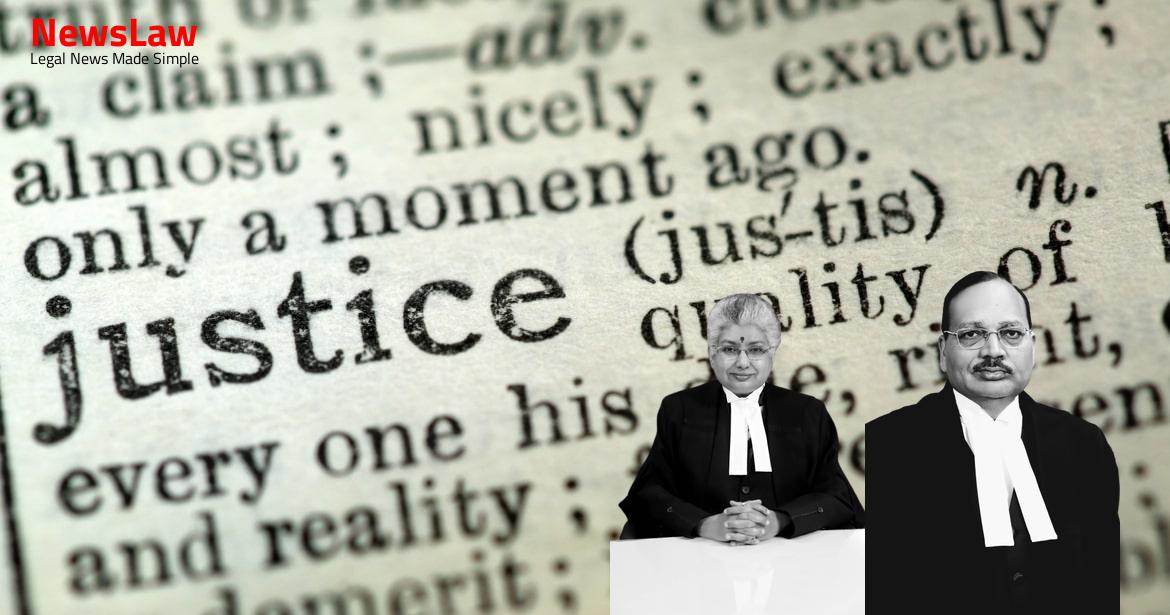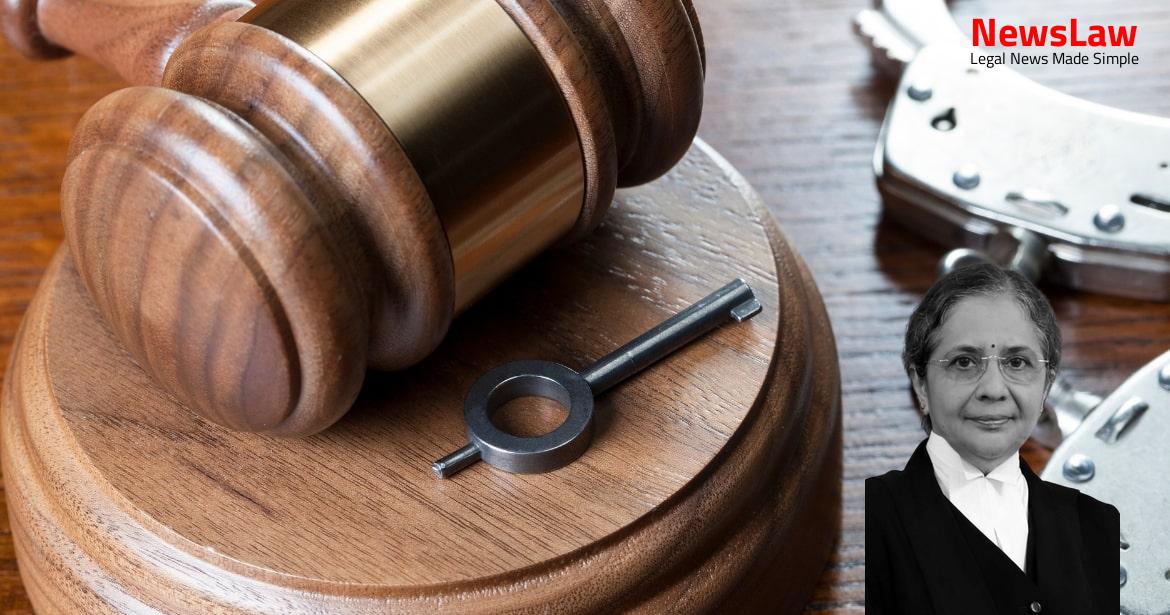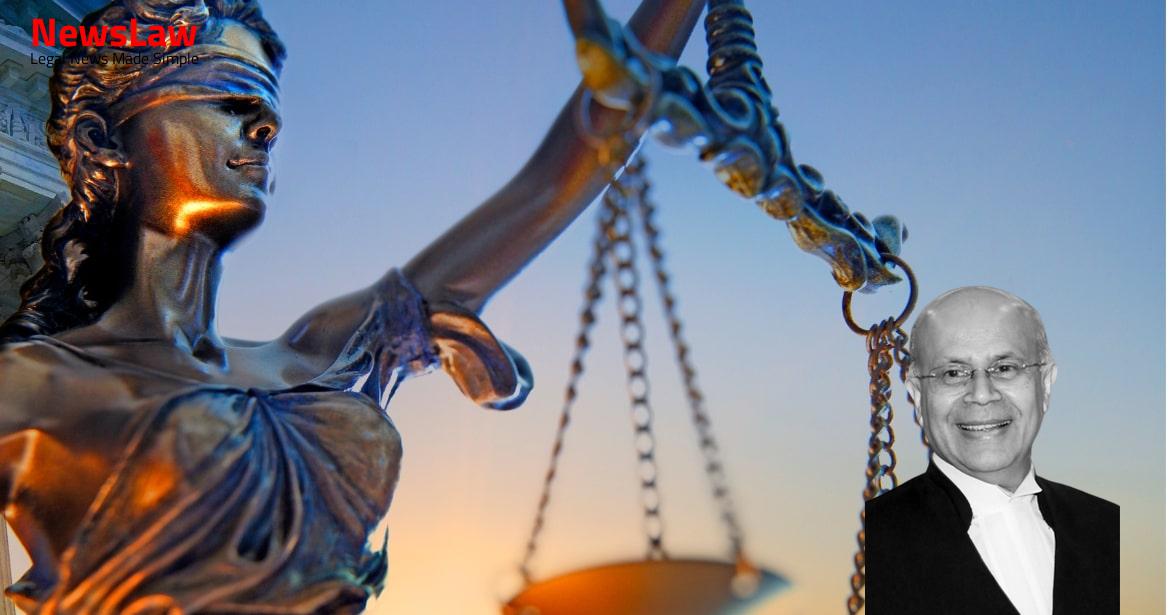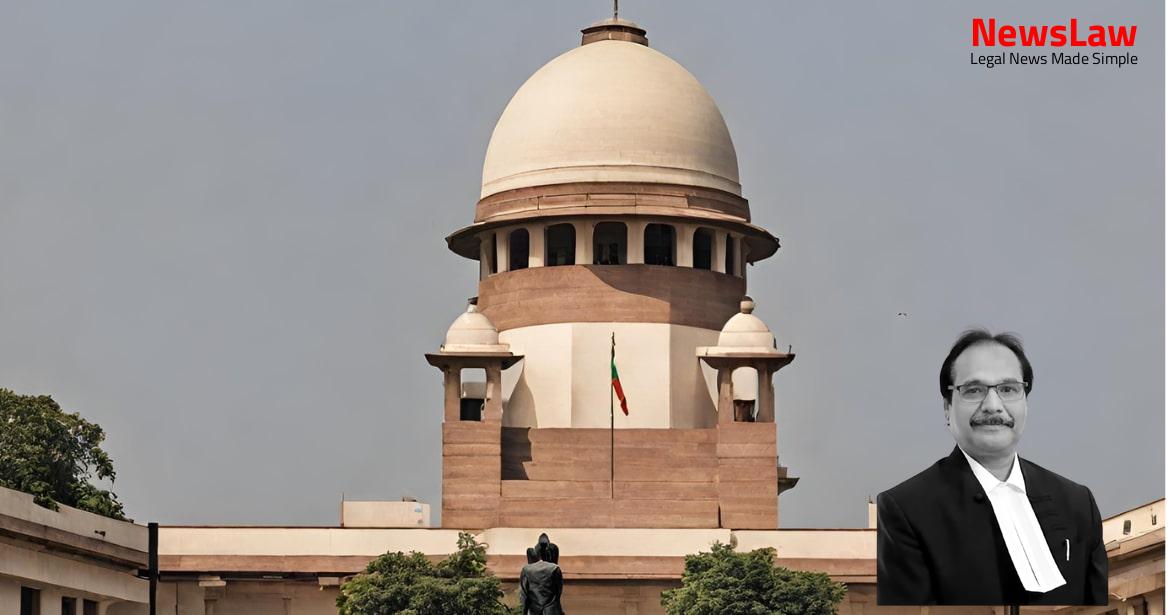Meenakshi Solar Power Pvt.
This Civil Appeal has been filed by assailing the impugned judgment and order dated 12.02.2021 passed by the High Court of Judicature for the State of Telangana at Hyderabad in Arbitration Application No 55 of 2020 whereby the High Court dismissed the application filed under Section 11(6) of the Arbitration and Conciliation Act, 1996 (hereinafter referred to as ‘Act of 1996’, for the sake of convenience) filed by the appellant herein. Succinctly stated, the facts of the case are that the power project of respondent No.1 herein is generating power and has a twenty-year Power Purchase Agreement with Telangana State Southern Power Distribution Company Limited. The power project was partly financed by Corporation Bank, Film Nagar Branch, Hyderabad in the form of a Term Loan vide Account No. 2 and 3 agreed to sell 100% ownership of respondent No.1 Company comprising all of its assets including land, buildings, plant, equipment along with continuity of the Power Purchase Agreement signed with Telangana State Southern Power Distribution Company Limited as a going business entity, for an irrevocably frozen Purchase Price of Rs.
Thereafter, an addendum to the Share Purchase Agreement was signed on 10.04.2019 between respondent Nos.1 to 3 and respondent No.4 wherein the latter agreed to remit an amount of Rs.
Disputes arose between the appellant and the respondents and the appellant herein filed an application before the Commercial Court, City Civil Court, Hyderabad vide COP No.27 of 2020 under Section 9 of the Act of 1996, seeking to restrain the respondents from alienating their shares in the Company. Learned Senior Counsel for the appellant stated that the High Court has grossly erred in dismissing the application under Section 11(6) of the Act of 1996 and that the judgment and order passed by the High Court needs consideration by this Court.
4 That the High Court failed to consider that the Tripartite Agreement and the Addendum to the Share Purchase Agreement was for a limited purpose of satisfying IFCI Venture Capital as regards the dues payable and the same cannot be said to have substituted the Share Purchase Agreement.
Both the Tripartite Agreement and the Addendum make no mention to novate or substitute the Share Purchase Agreement dated 24.09.2018. 2 and 3 and in fulfilling its obligation before the expiry of the Share Purchase Agreement i.e., as on 10.11.2018, when the Share Purchase Agreement lapsed and stood terminated by operation of Clause 8 of the Share Purchase Agreement. The substantial shift from terms, conditions and timelines in the Share Purchase Agreement show that the parties departed from the same to the Tripartite Agreement and the Share Purchase Agreement stood novated. The High Court in the present case was well within its jurisdiction in examining the existence of the Arbitration agreement and by arriving at a conclusion that the Share Purchase Agreement was novated and superseded by the Tripartite Agreement. The appellant was replaced by respondent No.4 in the Tripartite Agreement and IFCI Capital Venture was added as a party and was also given a right to invoke the agreement.
On the other hand, the plea of the appellant is that there was no such novation of the share purchase agreement and the arbitration clause was very much available and hence, the High Court ought to have referred the matter to arbitration. They are enumerated as under: (i) issues which the Chief Justice or his designate is bound to decide; (ii) issues which he can also decide, that is, issues which he may choose to decide or leave it to the Arbitral Tribunal to decide; and (iii) issues which would be left to the Arbitral Tribunal to decide, and thereafter had enumerated them as under: “ 22.1.
The issues (third category) which the Chief Justice/his designate should leave exclusively to the Arbitral Tribunal are: ( i )
Whether a claim made falls within the arbitration clause (as for example, a matter which is reserved for final decision of a departmental authority and excepted or excluded from arbitration).
The first category of issues, namely, whether the party has approached the appropriate High Court, whether there is an arbitration agreement and whether the party who has applied for reference is party to such agreement would be subject to a more thorough examination in comparison to the second and third categories/issues which are presumptively, save in exceptional cases, for the arbitrator to decide. On the other hand, issues relating to contract formation, existence, validity and non-arbitrability would be connected and intertwined with the issues underlying the merits of the respective disputes/claims. Similar would be the position in case of disputed “no-claim certificate” or defence on the plea of novation and “accord and satisfaction”.
Case Title: M/S MEENAKSHI SOLAR POWER PVT. LTD. Vs. M/S ABHYUDAYA GREEN ECONOMIC ZONES PVT. LTD. (2022 INSC 1223)
Case Number: C.A. No.-008818-008818 / 2022



